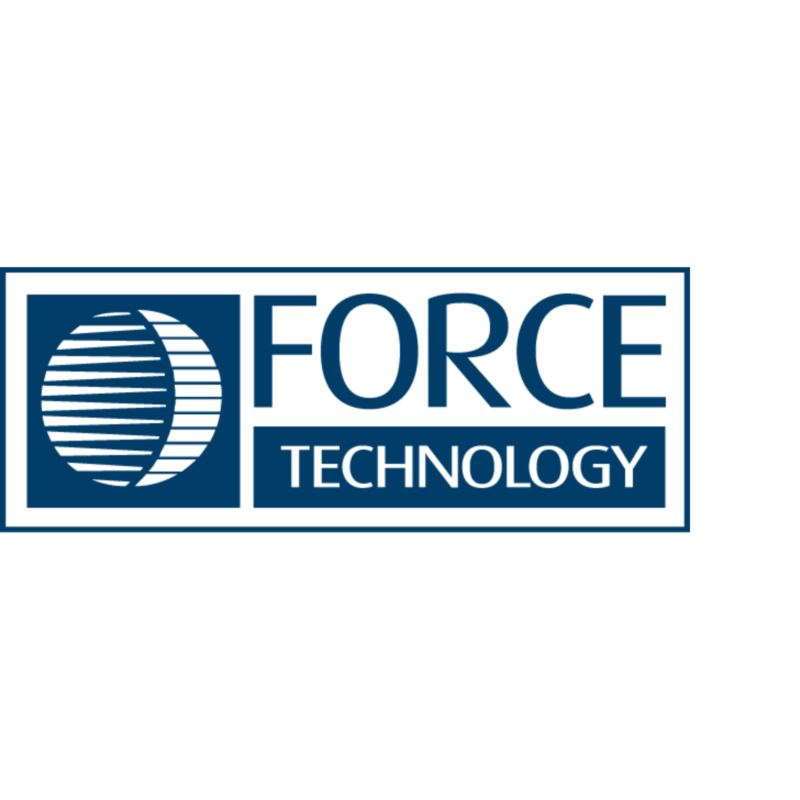In an economic development that is characterized by distributed value-added networks, there is now a business management need for companies to share data. Modern products and services are created through an interplay of several players. The focus is on a complete data chain – from data generation in the Internet of Things to the organization of (logistical) processes. For this, the Silicon Economy is developing the essential components – with the goal to establish a platform ecosystem.
To make sure the concept of the Silicon Economy works, data has to cross over company boundaries. The integration of an all connecting secure data space is therefore intrinsic to the “big picture” of the Silicon Economy. Only a complete digital infrastructure makes a comprehensive transparency in value-added networks possible and creates trust along complete supply chains – from raw material suppliers to the end customers – perhaps the most important precondition for the participation of all companies.
Data is knowledge, knowledge is power
Each kind of platform – whether in the B2C or in the B2B area – centralizes the processing and distribution of data. Data is transferred to individual companies. In Europe, we generally regard data as raw material for knowledge. But knowledge is power. This is why it might be not so advisable to put data in individual hands. As a result, concentration effects might occur that create monopolies and innovation can be blocked in the end. Therefore we have to succeed in creating data spaces in which the physical and the digital world actually form a unit. This is exactly what International Data Spaces and the GAIA-X initiative stand for.
In fact, digitalization is today essentially a question of trust between companies, between network partners. We all know this from our private life when using social networks and digital services such as navigation apps. We do give the service providers our data of course and by doing that relinquish a lot about ourselves. In practice, this works nowadays for the most part because we get a service in return. But now we stand on a threshold to transfer this concept to industrial application and new questions arise.
International Data Spaces Association and the Fraunhofer Institute work together on the International Data Spaces (IDS) which regulates the handling of data when it is used (Data-in-use). With the help of the IDS architecture, the terms of use will be transferred together with the data in a cross-company data exchange. It provides the terms and conditions for the data economy. So far though, the question of storing the data (Data-in-rest) was still open. That changes with GAIA-X.
Decentralized built data spaces like GAIA-X are technically more complex than a big pot for data keeping in the middle. But they are necessary to create trust. GAIA-X is the European answer to how the collaboration of companies can function on the level of data – a framework for secure and fair data sharing, in which the data provider retains control of what is happening to his data.
Sovereignty is the shared goal
The topic sovereignty is connecting the intention of the Silicon Economy, the International Data Spaces and GAIA-X. Logistics depends on a software infrastructure that companies trust and that they can help to shape themselves – and it is a pioneer in the digitization of value-added networks and it is one of the first and most natural applications for the secure data space and the cloud.
This article was originally published in German by the Silicon Economy.










